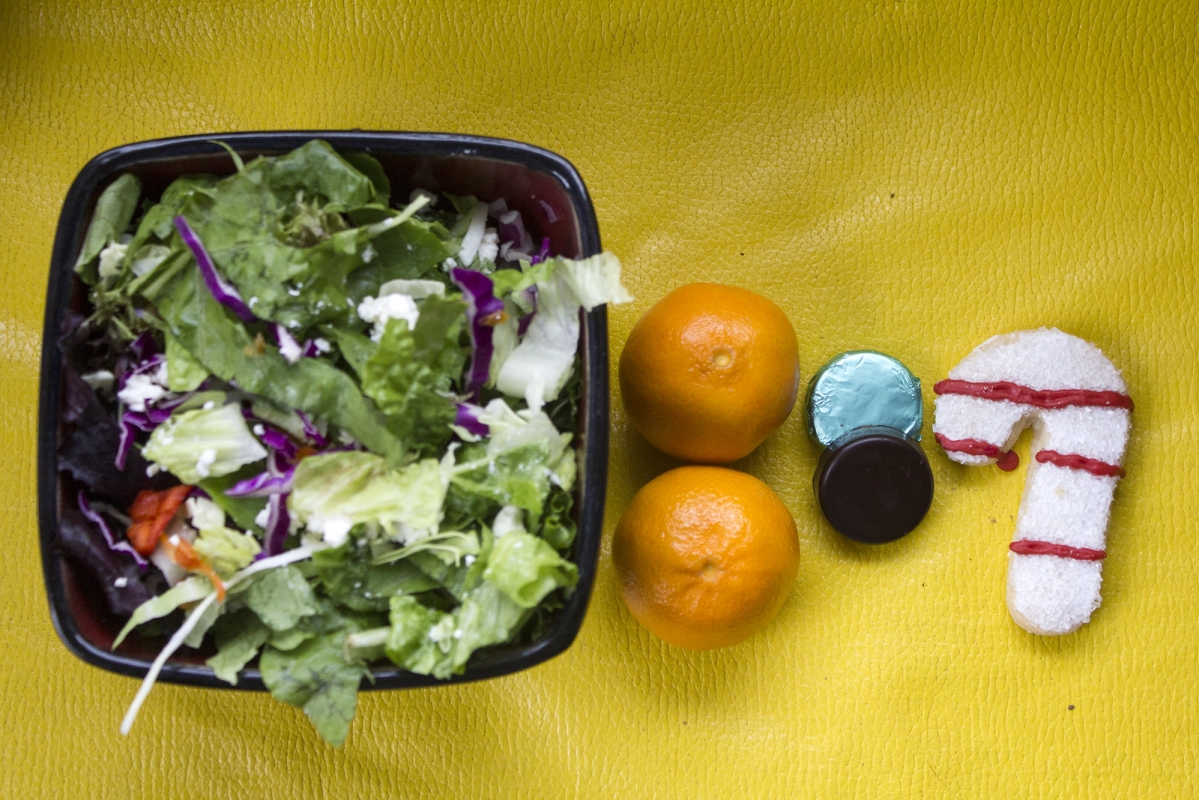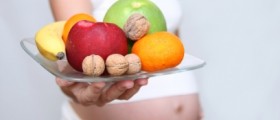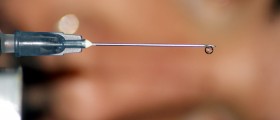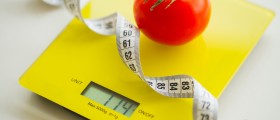Nearly every woman knows that the old saying, "eating for two", is just a saying and not excellent dietary advice for pregnant women. Nearly every woman knows that pregnancy cravings are not an excuse to eat junk food all the time, and it is also very clear that a mother's diet during pregnancy can impact her baby's health positively or negatively. So, how much fat should you consume when you are expecting a baby?

The number of daily calories a person needs when not pregnant depends on her age, height, and weight and on whether she is trying to lose weight, or to maintain her current weight. Most people who are at healthy weights have no particular reason to count the calories, and will be fine if they eat three nutritious meals a day (and stop eating when they are full up). If you are curious what your daily recommended amount of calories is, I suggest you look the Mayo Clinic's calorie calculator up on the internet. This tool will provide all the right info for non-pregnant people.
If you are pregnant and had a healthy weight when you conceived, you will only need around 300 additional calories during the second and third trimesters of your pregnancy. What percentage of the calories you consume during pregnancy should consist of fats?
Opinions are divided on this, but many medical sources agree that fats should make up 25 to 35 percent of a pregnancy diet. We re not talking about french fries and a hamburger here healthy fats are found in nuts, olive oil, dairy products such as full fat milk, and fatty fish, for instance. Whether a person is pregnant or not, avoiding trans fats and eating healthy fats is a common-sense goal (which we all ignore at times, and as long as that s occasional, it's fine).

















Your thoughts on this
Loading...